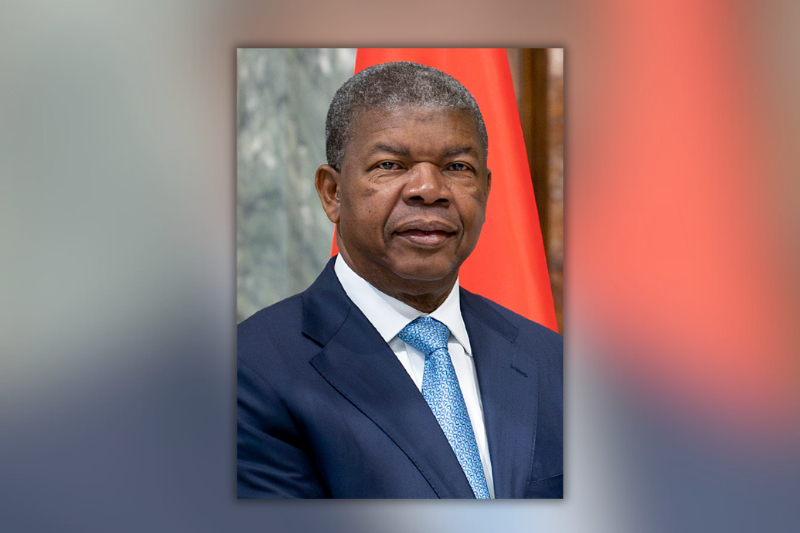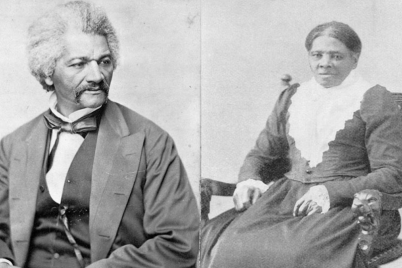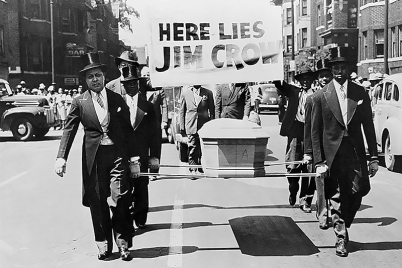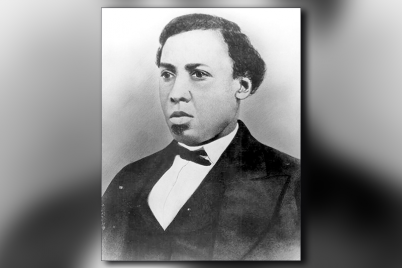João Manuel Gonçalves Lourenço has served as the fourth president of Angola since Sept. 2017.
Jennifer Gamble-Theard, M.Ed., ASALH, Historian
I recently visited the country of Angola in the southwest region of Africa (happily, not the state prison that’s located in the southern part of Louisiana). I am currently a member of a delegation of African Americans, who are, to this date, some of the only African Americans ever to visit this grand and wonderful country.
One of the reasons that Angola—officially named the Republic of Angola–has been off the main path for African Americans to visit is because the Portuguese language is spoken, whereas English is spoken in many other African countries. English speakers generally go to other English language countries.
Angola welcomed us with outstretched and loving arms as the country commemorated the 400-year mark of our return home to our origins and soil of our ancestors. My words cannot adequately express the emotional depth of how we were so graciously received. From police-ed motorcades to high-profile receptions, we were greeted by heads of state and lavished by provincial dignitaries.
We were met by lines of people in the countryside waving and singing as our entourage made its way to all of our intended destinations. We were even showcased on national TV like celebrities. It’s been utterly amazing how we were embraced like lost children who have come back home after many years of captivity, now ready and capable of being a part of a rising nation.
The organized group of Angolan leaders who sponsored our trip views African Americans as survivors of cruel persecution who have endured during a 400-year absence that only made us stronger. Such a title of strength and endurance gave the members in our delegation a distinct purpose that we have begun to prepare ourselves to live up to and rise to the occasion of who and what they want us to be. Wow!
Now, Angola is currently prospering. The Angolan power structure is seeking an African-American presence in its wealth. They don’t want the rest of the world to show up with their fingers in the pot of prosperity without considering the descendants of those 35 percent captured and enslaved people who were taken from Angolan shores.
Angola lost more people to the slave trade than any other African country. First, the strife between a few distant African empires led to the capturing of men urged on by the Portuguese and other European powers. In time, entire villages disappeared in religious wars between Christianity and Islam.
In a final process, waiting along the coastline were the European slave traders, ready to take any human cargo that had made Angola’s social structural strength. A once great African empire suffered for generations because of that loss such as those Africans who survived the middle passage suffered and endured in strange new lands far away from home. If it didn’t kill us yet, it has only made us stronger.
Another important detail that adds to a bigger picture of Angola is that there was a 30 years civil war that began in 1975, immediately after Angola finally became independent from the brutal colonial rule of Portugal. Various interludes of war that even included Russia, South Africa and Cuba, finally ended in 2002. During the last 17 years, the country since has experienced peace and prosperity.
Luanda, which is the massive and beautiful capital city of Angola, has grown by leaps and bounds within the last 15 years. It has a population of 7 million and is an international city with people wheeling and dealing from all over the world.
Building and construction are going on everywhere. Under the leadership of the country’s current president, João Manuel Gonçalves Lourenço, money seems to be flowing in mostly the right directions; although, the oil industry there may also have a heavy hand of influence. As well, religious institutions are making sure that the masses can benefit from the growing prosperity.
On the other side of the Atlantic Ocean, not too far away from Florida, it’s quite interesting how a maximum-security prison farm in Louisiana got its name. Angola, as it is called, was named after a former plantation the surrounded the territory around the prison. The plantation was the destination of many slaves that were brought to Louisiana from Angola, Africa.
Eventually, as stated in the 13th Amendment to the U.S. Constitution, slavery and involuntary servitude, except as a punishment for a crime, were abolished. As a means to continue slavery under convict leasing, cash-poor, able-bodied young African-American men in the agricultural economy of the South were forced into jail to do convict labor.
They were leased from prison to continue the work of the formerly enslaved. They were abused, underfed, subject to unregulated violence, and sometimes worked to death under harsh punishment. Although equal justice measurements of today have eased the mistreatment of the Angolan inmates in Louisiana, it is the largest maximum security prison in the U.S. today and still maintains remnants of the slave plantation system.
With knowledge of some African-American history, Angolans in Africa feel a deep kinship. They are thirsty to know more of our many accomplishments. They feel the pain of our struggles because they can relate to similar experiences in their own country before their independence.
Angolans especially revere the great African-American leaders from throughout the centuries, especially Dr. Martin Luther King, Jr. They admire our determination and fortitude and how we organized and used our know how to work around the United States legal system in order to maintain our dignity.
They praise our historically black colleges and universities and want their youth to be a part of such dynamic education endeavors. Angolans respect and give gratitude to our great African-American churches and have a keen observation that religious leaders provide the needed leadership for the African-American communities.
They realize that our African-American politicians are beacons of light in the midst of political turmoil. Angolans want to get to know us better, not just from a distance. Most importantly, they want to welcome you back home to Africa. Above all, they want you to know that Africa is rising!
Jennifer Gamble-Theard, M.Ed. is a retired Pinellas County educator in the study of history and language. She is also the historian for the St. Petersburg Branch of ASALH.








